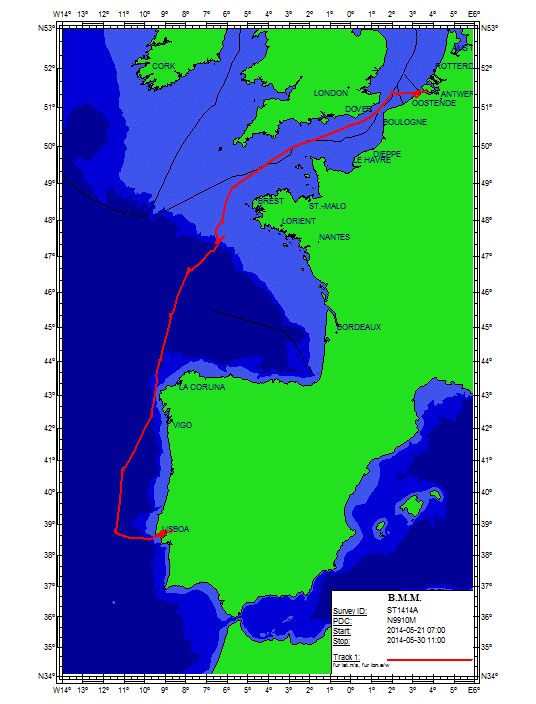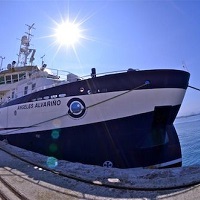Keyword
Nitrification rate in the water column
2 record(s)
Type of resources
Categories
Topics
INSPIRE themes
Keywords
Contact for the resource
Provided by
Years
Formats
Status
-

The research programme of Belgica campaign 2014/14 aimed at assessing the different biogeochemical processes controlling the carbon and nitrogen cycles in oligotrophic N.E. Atlantic waters. These cycles are essential components of the biological Carbon Pump' by which part of atmospheric carbon dioxide is transferred to the ocean's interior. Our approach is based on the use of dual nitrate isotope measurements (natural abundance and enrichment experiments) to disentangle these various nitrogen processes in the marine environment, and in particular the process of diazotrophy by which atmospheric N2 is introduced into the oceanic fixed nitrogen reservoir. This input of new' nitrogen should stand in balance with the denitrification process by which nitrogen is lost from the oceanic system. There are indications that the intensity as well as the geographical distribution of diazotrophic activity has been underestimated till date, in general. It is of particular interest to better document diazotrophic activity at latitudes of 38°N and northward, areas for which only few data are available. During the cruise we studied the different biogeochemical processes acting on the marine N-cycle, including N2 fixation, nitrate (NO3-), ammonium (NH4+) and nitrite (NO2-) uptake, nitrification, along a north-south section through the Gulf of Biscaye to Cape Finisterre and further south in open ocean waters along the Iberian peninsula till about 38°30'N. In addition, the effect of iron limitation on the nitrogen fixation and the nitrification processes was investigated.
-

The main objectives for the MedSeA cruise are to: - Refine climatological maps of carbonate species distribution (pH, pCO2, CO32-, CT, AT, CaCO3 saturation states), along with their isotopic signatures, in the Mediterranean Sea. - Report on the determination of the anthropogenic carbon distribution throughout the whole Mediterranean Sea and its associated uncertainty estimate - Determine the effects of carbonate chemistry on Mediterranean calcifying and non-calcifying planktonic organisms. - Determine synergistic effects of acidification, warming and nutrients on key pelagic organisms. - Identify and quantify responses of fundamental Mediterranean biogeochemical processes to acidification and warming. - MedSeA is carried out in collaboration with the Geotraces program in order to collect water for chemical large volume trace elements and isotopes such as Th/Pa, Artificial radionuclides, Th-234, Nd-isotopes and Ra.
 Catálogo de datos del IEO
Catálogo de datos del IEO